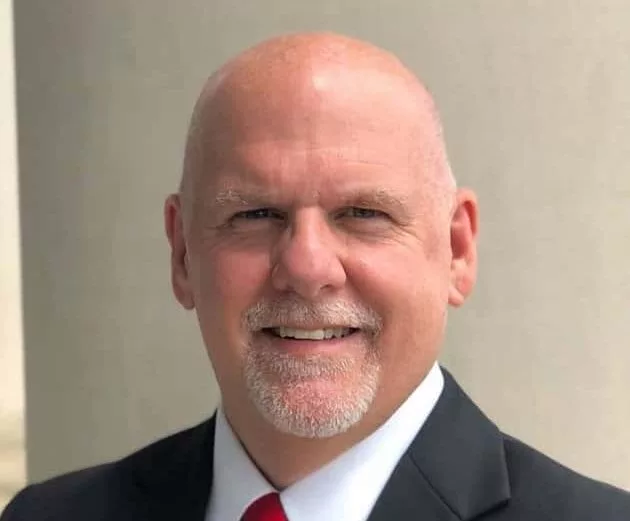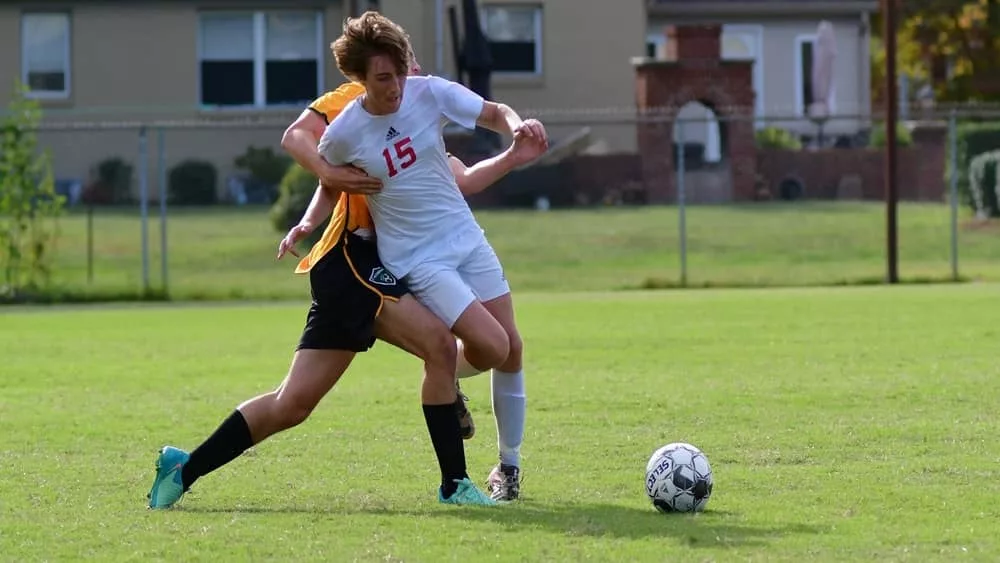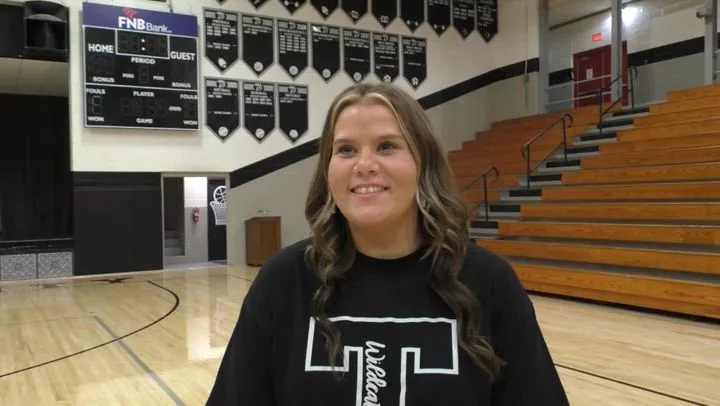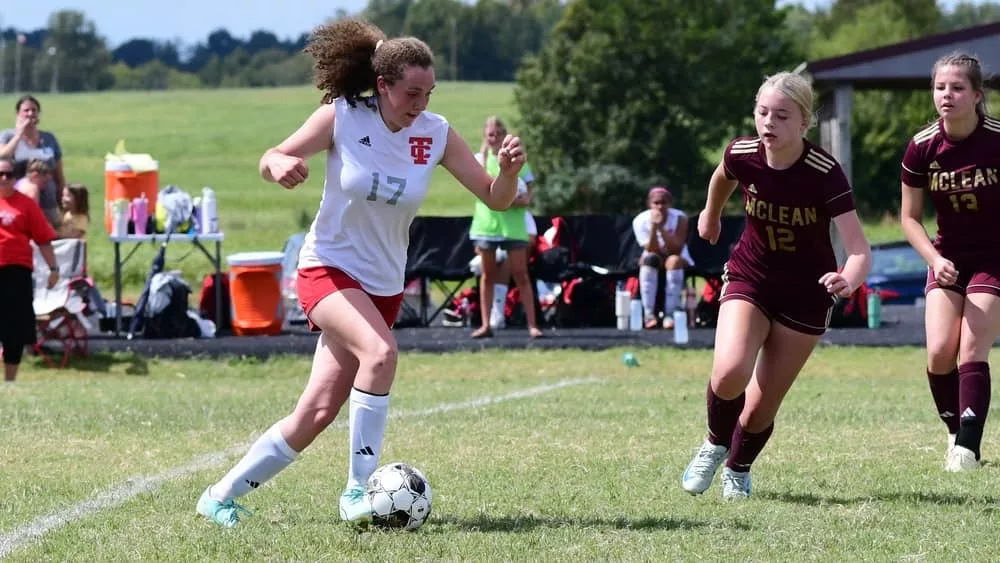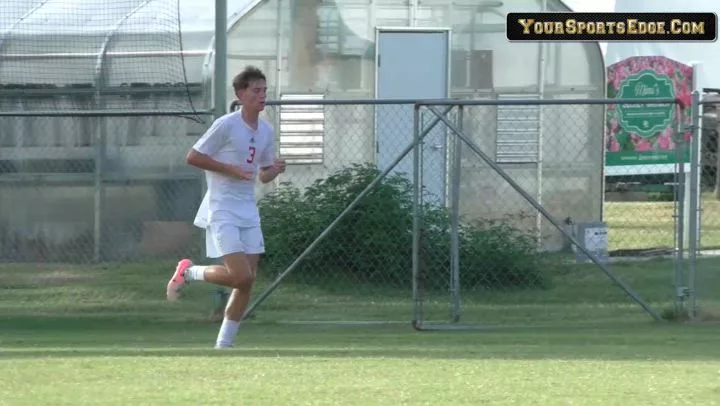Former Christian County Commonwealth’s Attorney Rick Boling has been suspended from practicing law in Kentucky for five years following a ruling by the Kentucky Supreme Court Thursday.
The effective date began when the order was signed and requires Boling to pay for all costs associated with the disciplinary proceedings.
In December, a Kentucky Supreme Court trial commissioner recommended to the Kentucky Bar Association that Boling be suspended from practicing law for five years. This was following several months of testimony, and after a show-cause order had been issued in May 2022 to determine if Boling should be suspended because of multiple previous instances of alleged professional misconduct and a known delay in negotiating agreed-upon sanctions regarding these incidents.
The order signed by Trial Commissioner Roderick Messer stems from a five-count finding regarding two cases from Christian County Circuit Court.
One complaint against Boling stems from a February 2020 letter Boling wrote on Christian County Commonwealth’s Attorney letterhead to then-Governor Matt Bevin concerning a pardon request for Dayton Jones, who was convicted of sexual assault. The Inquiry Commission said Boling’s letter contended “Jones’ biggest problem is that the Democratic Party controlled then-prosecutor Lynn Pryor, the judge in the case John Atkins, and Jones’ defense counsel. Boling offered no evidence to those claims. Bevin commuted Jones’ sentence and the order said Boling’s letter received extensive media attention.
After the letter was made public, Boling said he reached an informal agreement with Judge Andrew Self and Judge Atkins to not appear in the courthouse for a period of time. The order said both judges filed a request for disciplinary inquiries by the Kentucky Bar Association and indicated neither felt comfortable with Boling personally appearing before them.
A proposed 60-day suspension for Boling, probated for one year, was considered inadequate by the Supreme Court, which rejected the punishment and remanded it back to the Commission for further proceedings.
In its ruling, the Supreme Court said it found Boling’s conduct was particularly egregious because he wrote the letter in his official capacity, and it undoubtedly conveyed to the Governor that the current Commonwealth’s Attorney was in favor of the pardon.
Six months later, the Inquiry Commission initiated a second complaint against Boling in the case regarding Karen Brafman who was charged with two counts of arson and six counts of attempted murder. The Supreme Court reversed a circuit court jury’s conviction in December 2020 due to Boling’s misconduct. The reversal order said Boling was personally aware of evidence that Brafman was intoxicated and argued to the court that evidence of her intoxication did not exist.
The Supreme Court held that while carefully crafting his questioning to avoid eliciting evidence of Brafman’s intoxication was not in fact misconduct, Boling’s closing argument constituted flagrant misconduct. Additionally, Boling knew Brafman’s intoxication was material to the case and true, and arguing against the voluntary intoxication jury instruction rendered the trial fundamentally unfair.
A 120-day suspension, with 60 days to serve and 60 days probated, for his conduct in the Brafman case was again rejected by the Supreme Court which called the punishment inadequate.
Boling resigned on February 28 instead of facing impeachment charges and a possible impeachment trial in the state senate.
Thursday’s 33-page ruling was unanimous although Justice Kelly Thompson ruled in favor of just one part of the decision. In his dissenting opinion, he said he agreed with the portion of the majority opinion upholding that some amount of discipline is appropriately imposed on Boling for sending the inappropriate letter urging a pardon. However, he said he vehemently disagreed that Boling’s alleged prosecutorial misconduct merits any discipline and disagreed that a five-year suspension from the practice of law is the appropriate discipline to be imposed based on both charges.
Justice Thompson said Brafman could have become intoxicated between the time of setting the fire to when detectives arrived at the scene.


